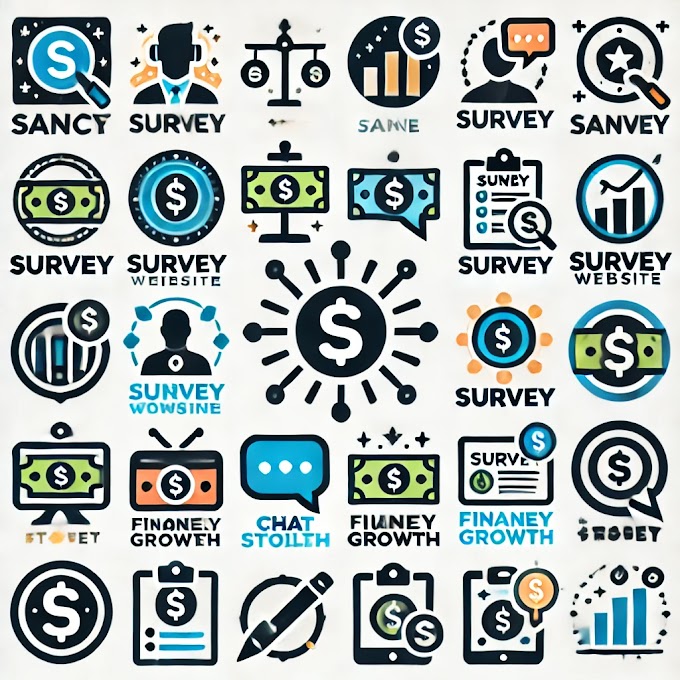Future Applications of Artificial Intelligence (AI)
Artificial Intelligence (AI) has already revolutionized industries like healthcare, finance, and retail, and its potential is far from fully realized. Here’s an exploration of how AI is expected to shape the future:
1. Healthcare Innovations
AI will enhance diagnostics by analyzing medical images, predicting patient outcomes, and personalizing treatment plans. Robots powered by AI could perform surgeries with greater precision, while wearable devices will monitor health in real-time, enabling proactive care.
2. Smart Cities
AI-driven smart cities will optimize urban living by managing traffic flow, reducing energy consumption, and improving waste management. Predictive systems will enhance disaster preparedness and response, ensuring safer living environments.
3. Personalized Education
AI will transform learning experiences with personalized curriculums based on individual student needs. Intelligent tutoring systems will make education more accessible, even in remote or underdeveloped regions.
4. Autonomous Vehicles
The future of transportation lies in fully autonomous vehicles. AI will not only enable self-driving cars but also optimize public transport systems and improve logistics through efficient route planning and cargo management.
5. Advanced Robotics
AI-powered robots will excel in fields like construction, agriculture, and eldercare. They will handle hazardous tasks, precision farming, and caregiving with human-like empathy and efficiency.
6. Finance and Investment
AI will take financial planning to new heights by analyzing massive datasets to provide predictive insights for investments, detect fraud, and automate complex transactions, ensuring safer and faster financial systems.
7. Creative Industries
AI-generated content will continue to evolve, allowing machines to write novels, compose music, or design graphics. Collaborative AI tools will aid artists, filmmakers, and game developers in creating immersive experiences.
8. Space Exploration
AI will play a vital role in analyzing vast amounts of data collected from space missions, identifying habitable planets, and even assisting autonomous spacecraft in uncharted territories.
9. Climate Change Mitigation
AI models will predict environmental changes, optimize renewable energy usage, and design sustainable systems to combat global warming. Precision agriculture using AI will ensure efficient resource utilization and reduced waste.
10. AI in Governance
Governments may leverage AI for policy-making, automating routine administrative tasks, and ensuring transparency in governance. Smart systems could detect corruption and optimize resource allocation.
Challenges to Consider
While the possibilities are exciting, ethical concerns, data privacy issues, and potential job displacement must be addressed to ensure responsible AI development and deployment.
In conclusion, AI’s future applications are poised to enhance nearly every aspect of human life, making it one of the most transformative technologies of the century.



0 Comments